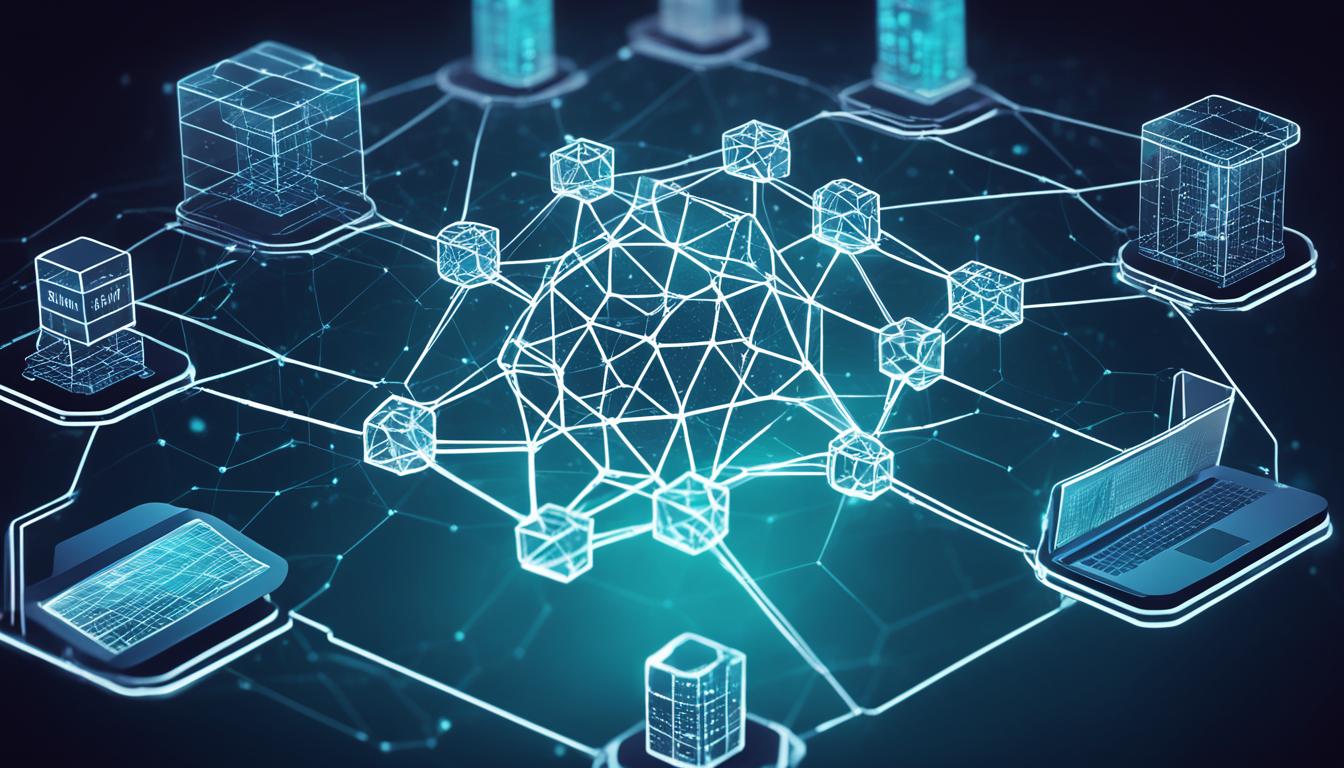A blockchain node is any device—like a computer or server—that connects to a blockchain network and follows its rules. Nodes store and share data, check transactions, and help keep everything in sync. They’re the backbone of a decentralized system, making sure no single person or group controls the network.
The more nodes a network has, the more secure and reliable it becomes. Some nodes keep a full copy of the blockchain, others help process transactions, and some even earn rewards by validating new blocks. All of them work together to make the blockchain transparent, tamper-proof, and open to anyone.

